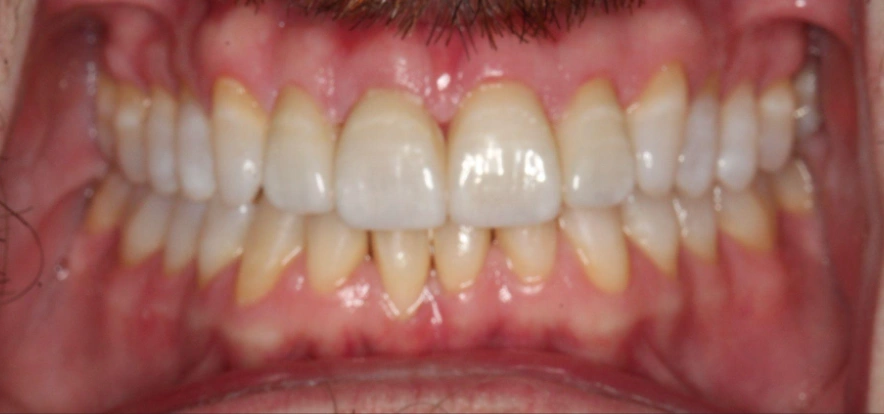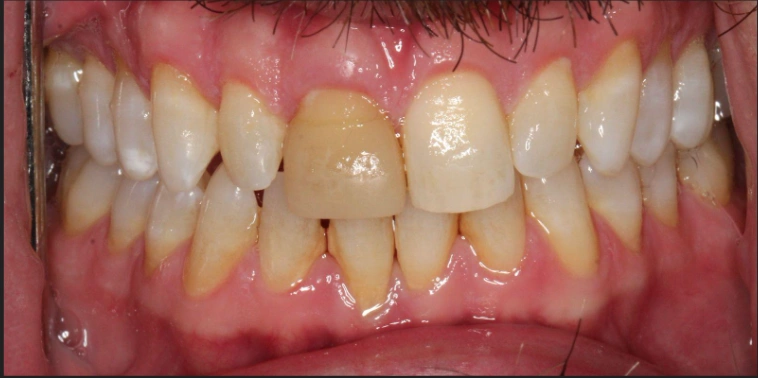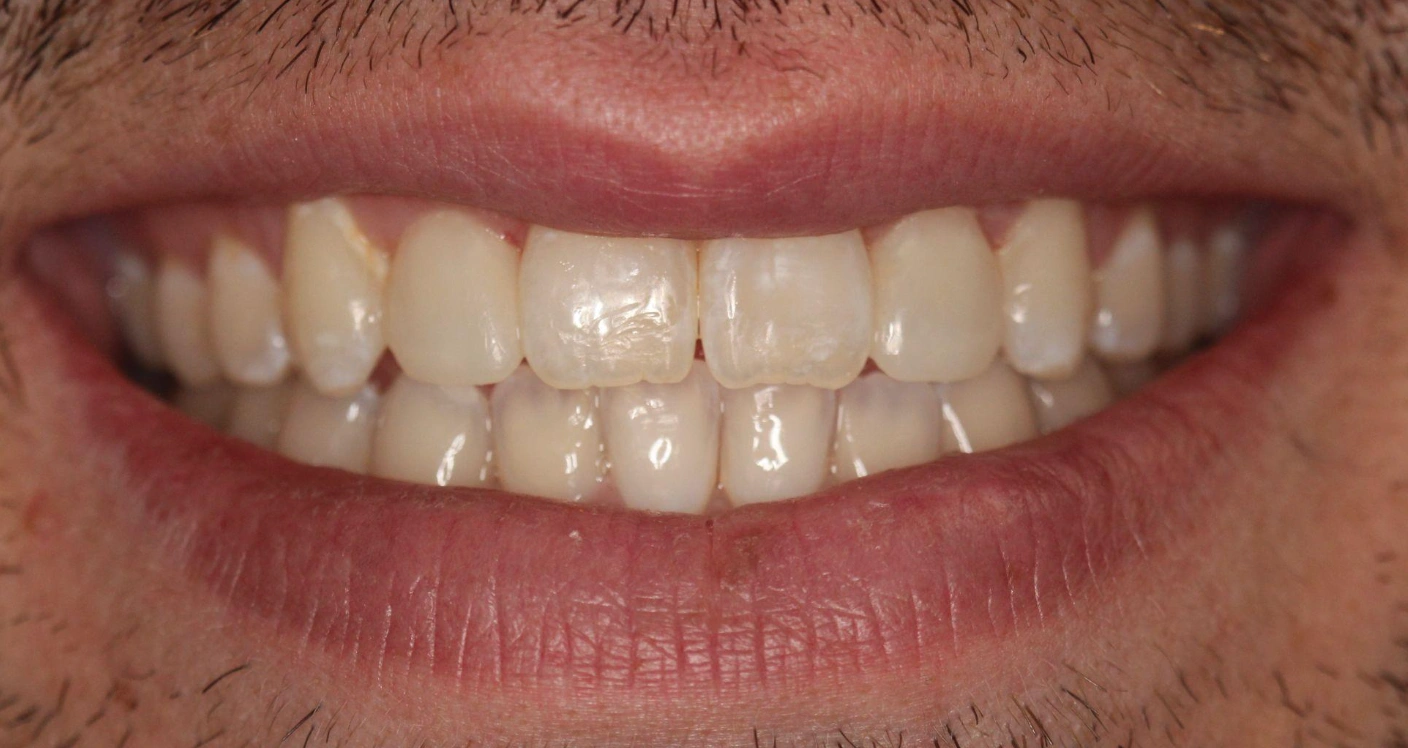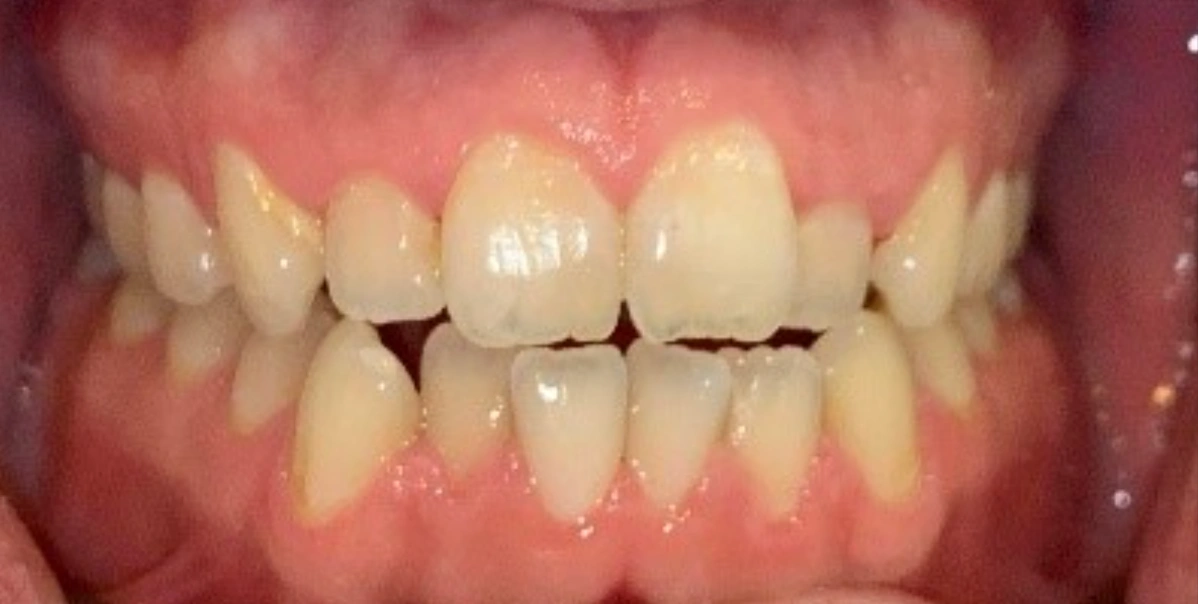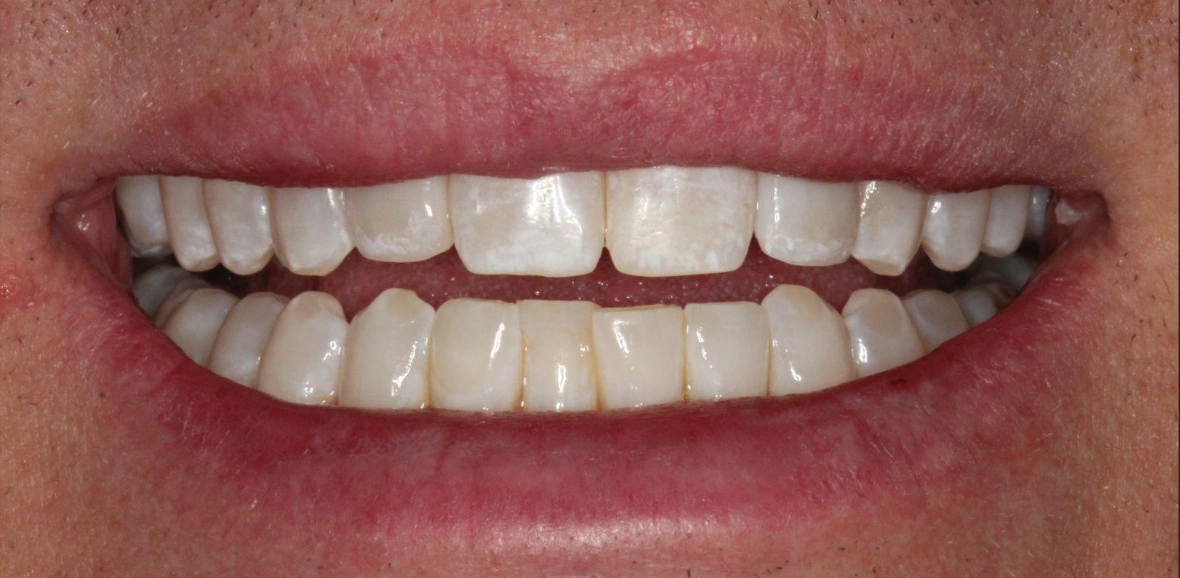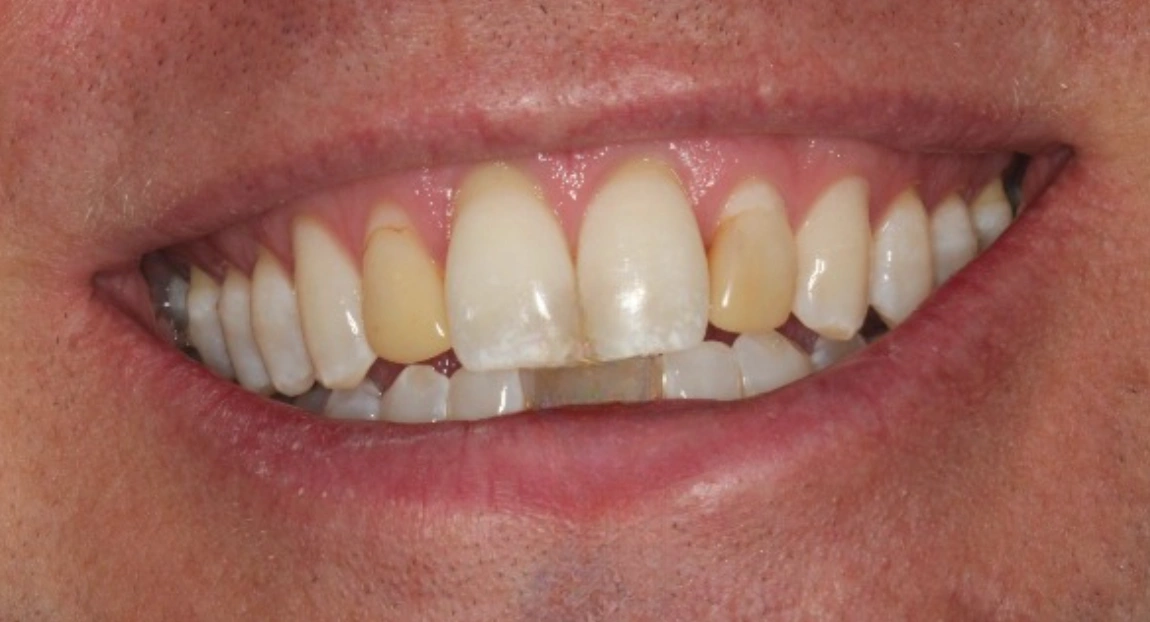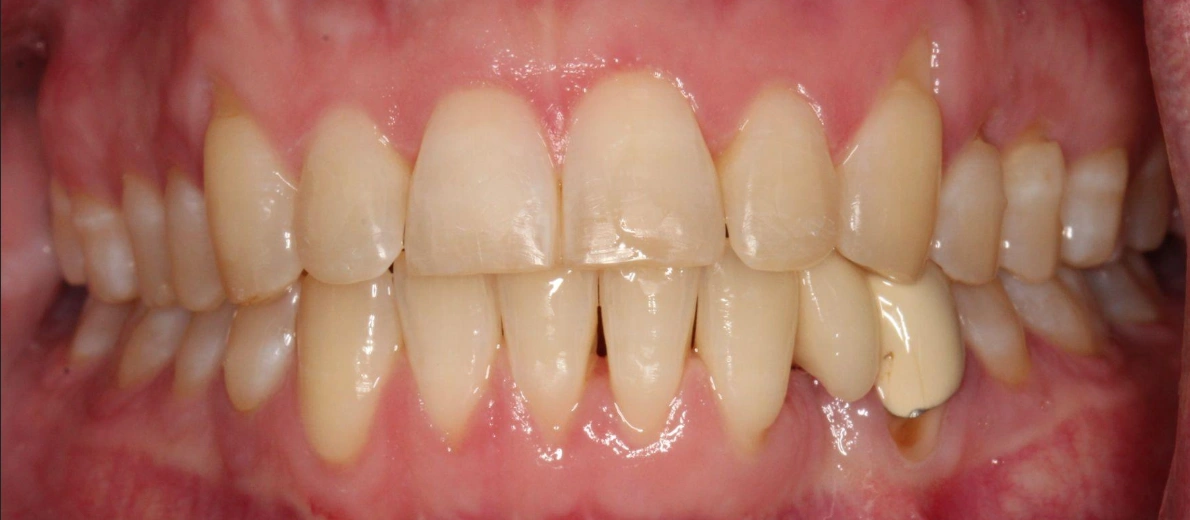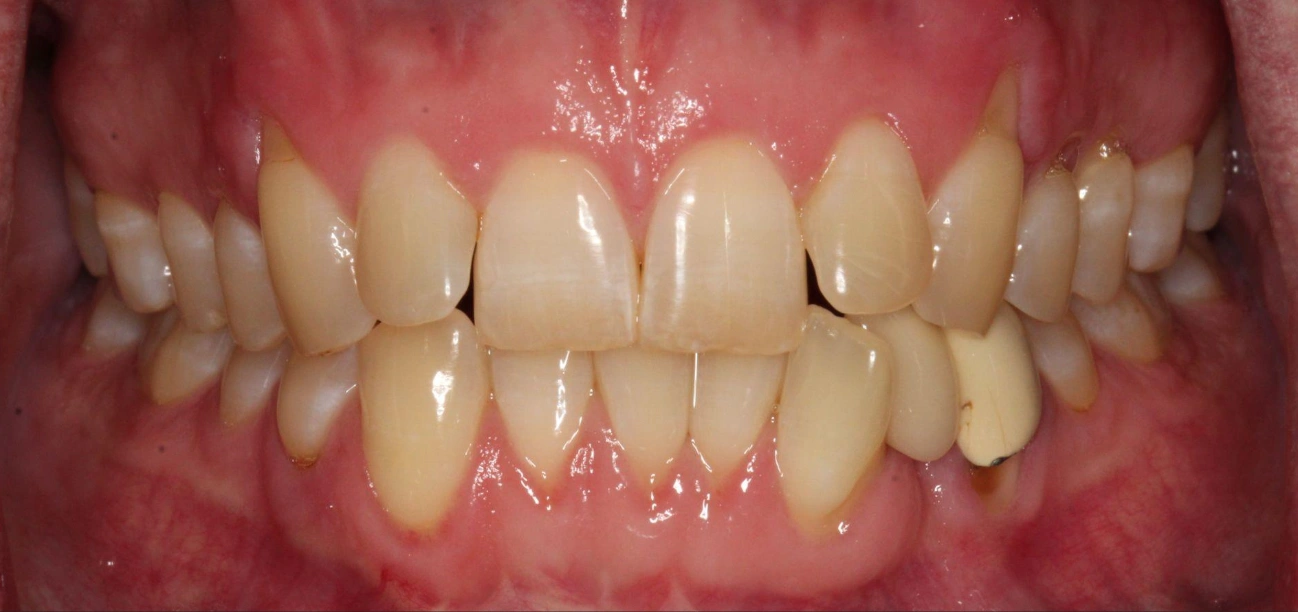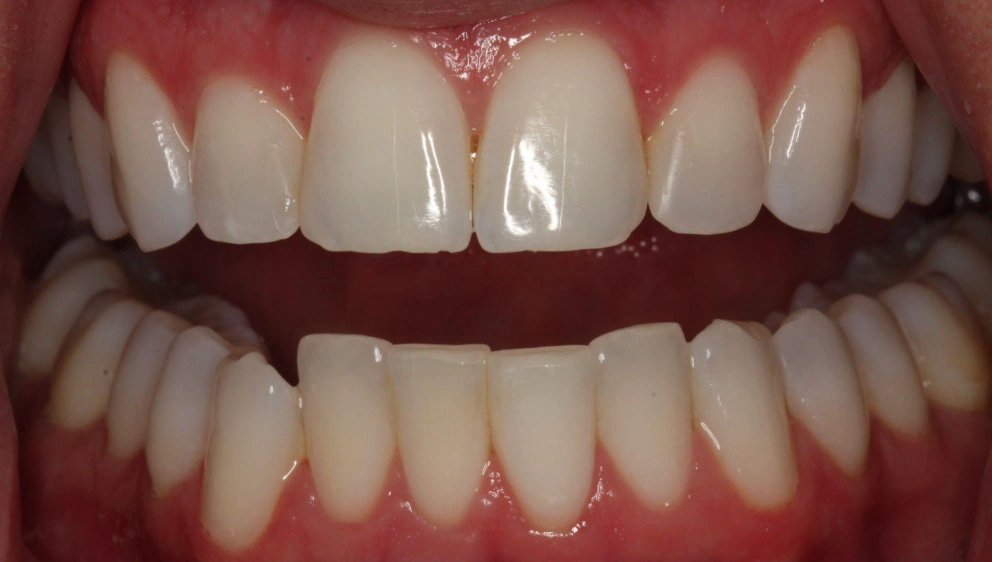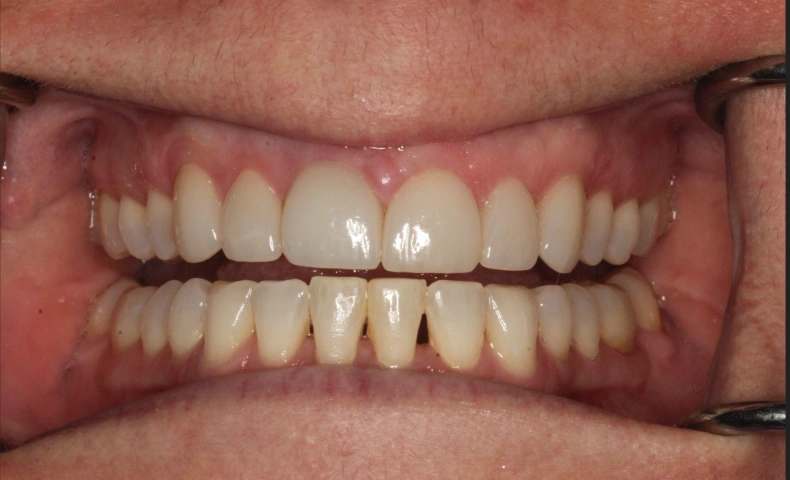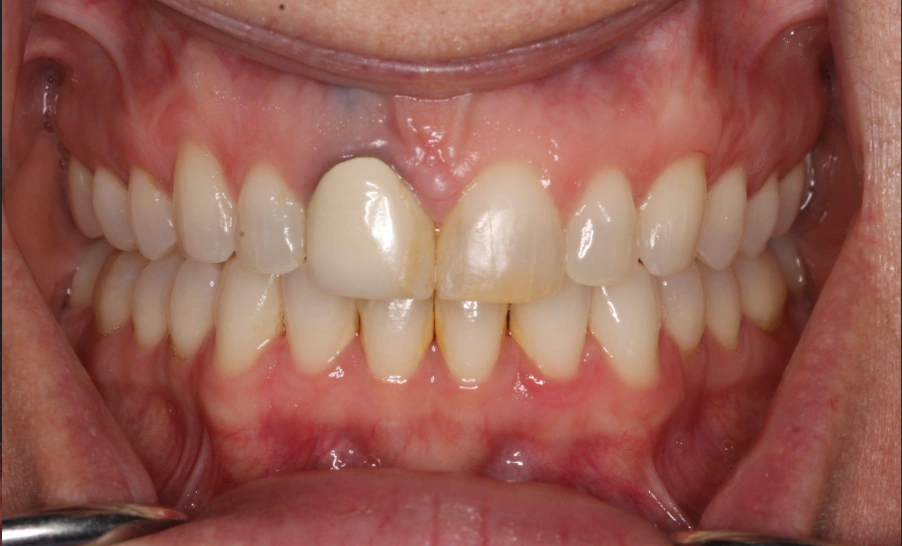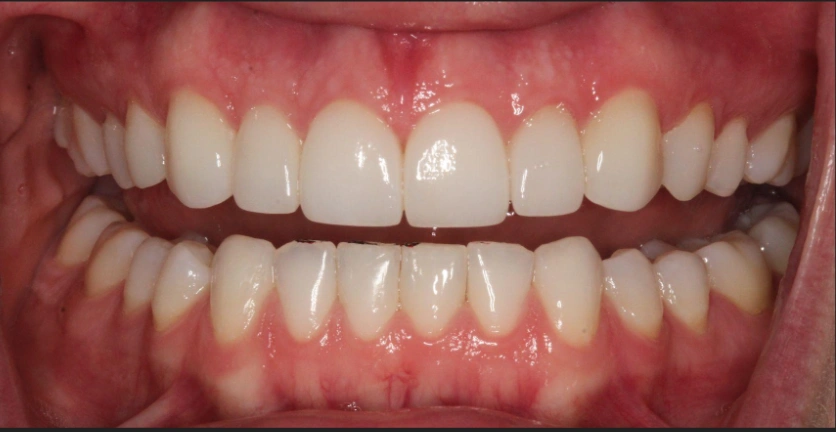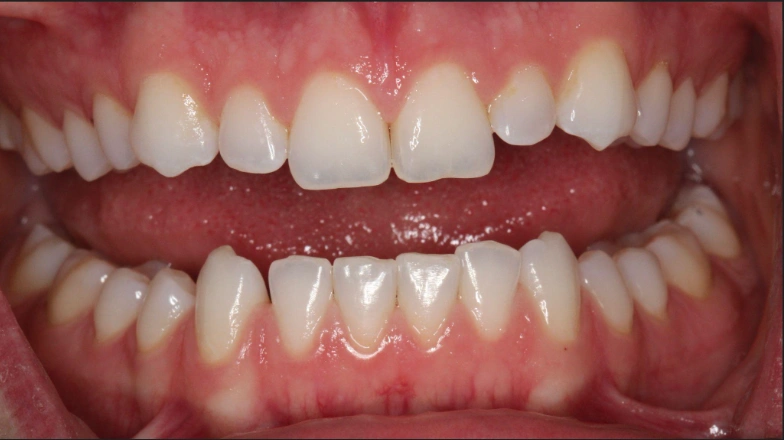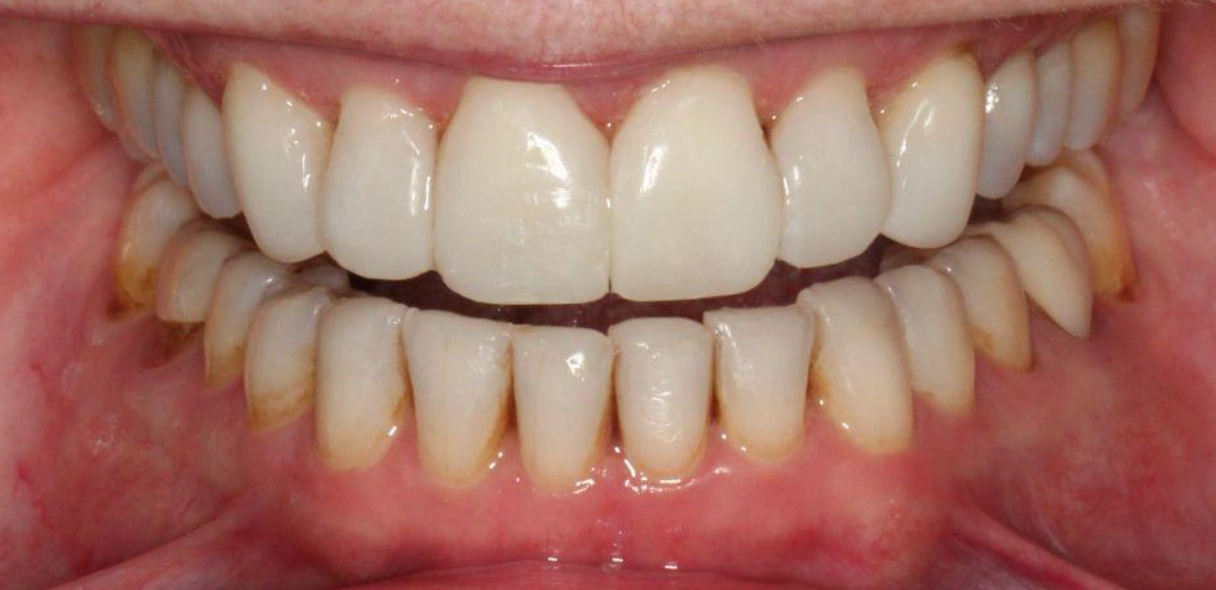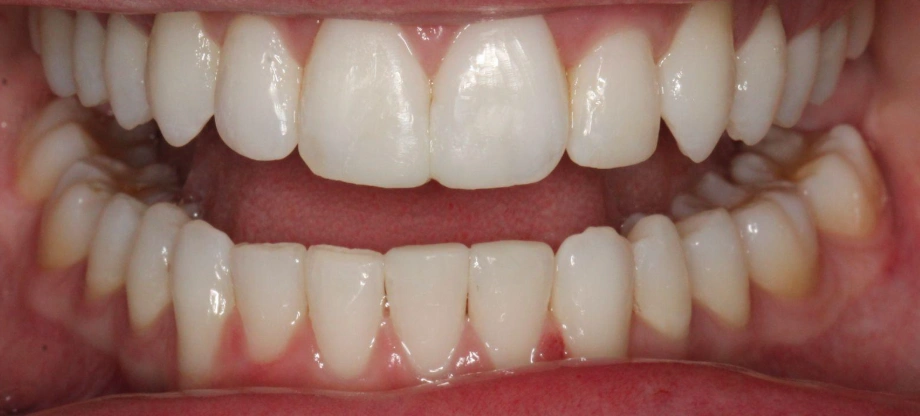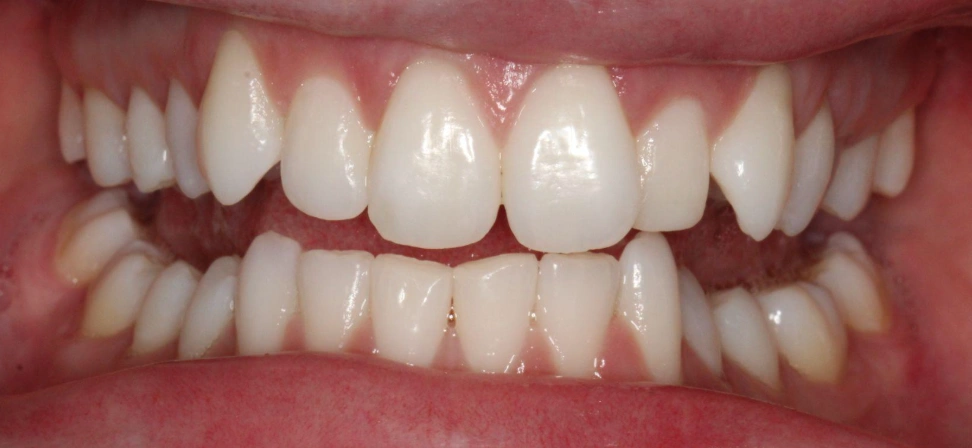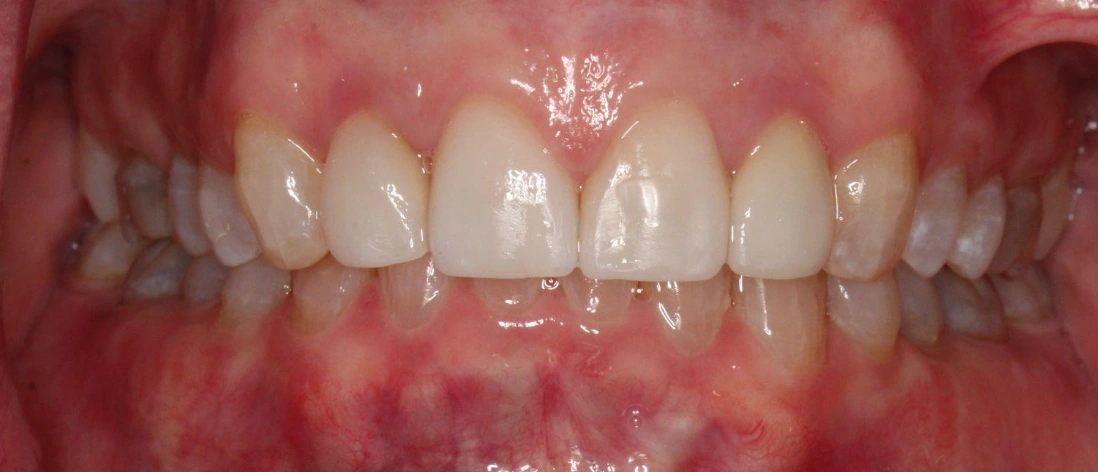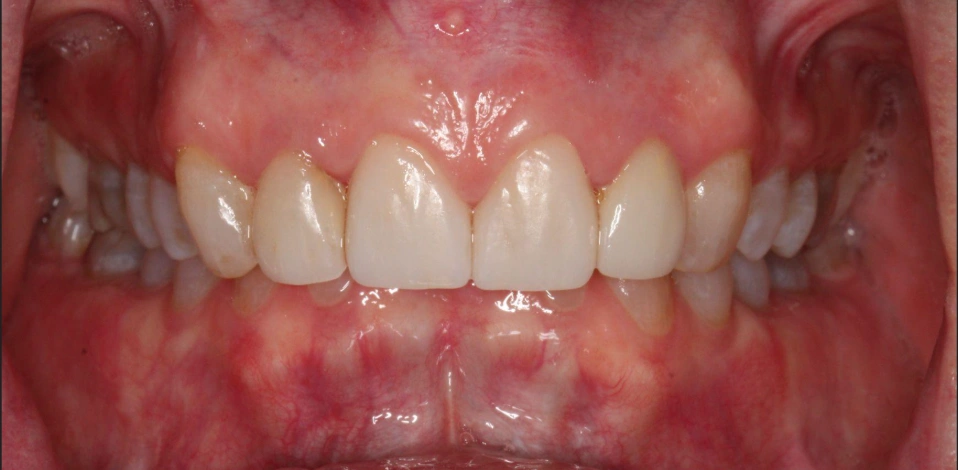TMJ & TMD Treatmentin Lakewood, CO
If you’re experiencing jaw pain, headaches, or clicking when you chew, your temporomandibular joint (TMJ) might be to blame. At Northstar Dental, we offer personalized, non-invasive treatments to relieve discomfort and restore balance. We’re here to help you feel better—without surgery or guesswork.
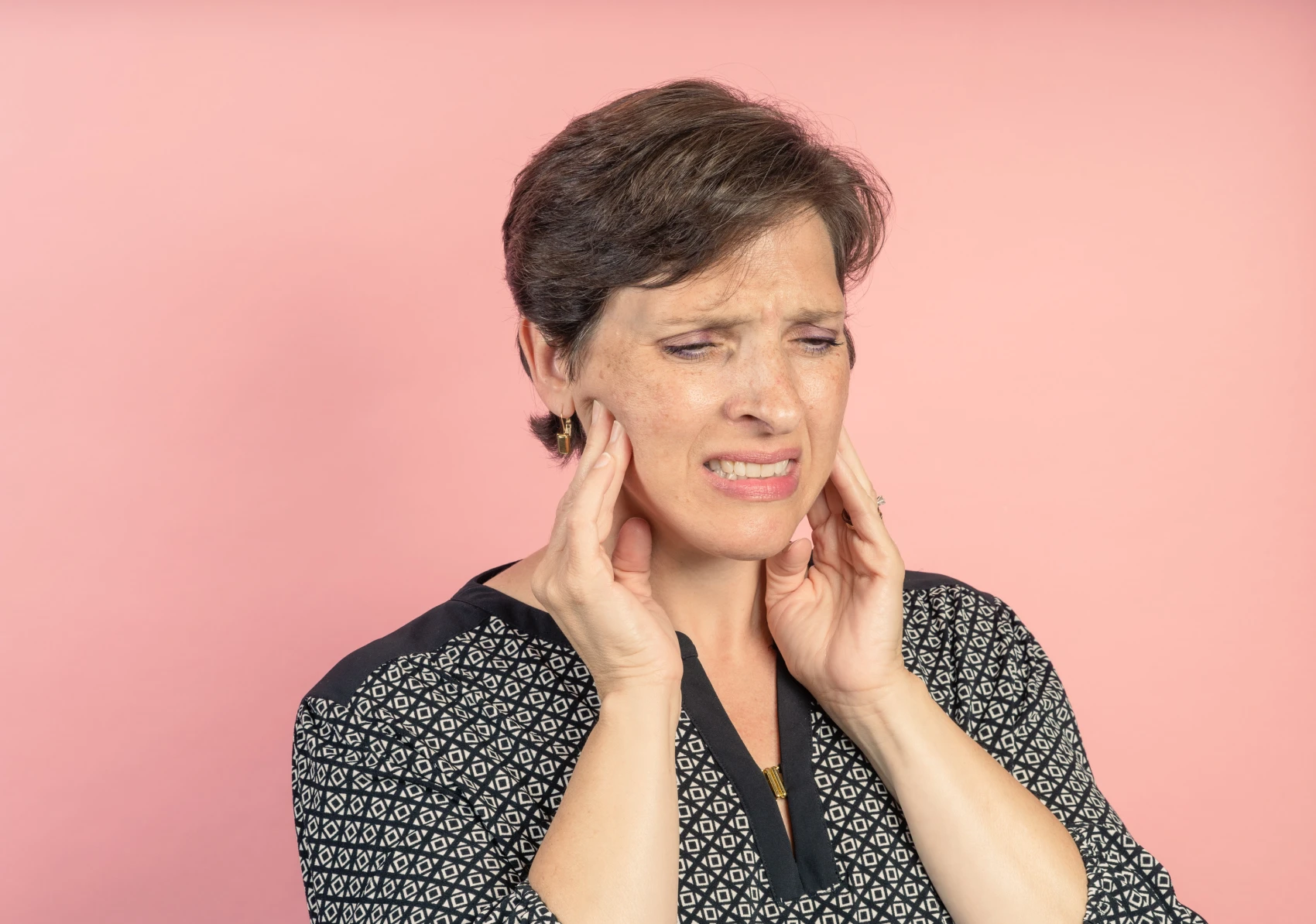
Find relief from teeth grinding
TMJ stands for temporomandibular joint—the joint that connects your jaw to your skull. TMD (temporomandibular joint disorder) refers to a range of conditions that affect the function of this joint and the muscles around it.If you have jaw pain, stiffness, clicking, or frequent headaches, you might be experiencing TMD. At Northstar Dental, we take a comprehensive approach to diagnosis and treatment, helping you find lasting relief through conservative, custom-fit solutions.

Treat your TMJ painmand smile easier
Here are a few reasons why:
Relieve chronic pain
Target jaw tension, headaches, and facial discomfort at the source—so you can feel better every day.
Protect your teeth
Treating TMJ can help prevent wear, fractures, and long-term damage caused by clenching or grinding.
Improve everyday function
Enjoy smoother chewing, speaking, and yawning with a bite that feels balanced and comfortable.
.webp)
Anxious about Dental Treatment?
Our trusted local team has you covered with a wide variety of sedation options to suit your every need. Schedule a free consultation and discover which option is best for you.
The TMJ Treatment Process
You don’t have to live with jaw pain. Our process is built around comfort, clarity, and results—with conservative care that supports long-term function.

Step 1
Comprehensive Evaluation
We start with a full exam, including digital imaging and bite analysis, to understand the cause of your discomfort.
Step 2
Personalized Treatment Plan
Based on your symptoms and diagnosis, we’ll create a tailored plan—which may include a nightguard, bite adjustment, or therapeutic Botox.
Step 3
Collaboration Across Specialties
If you require more extensive treatment for your TMJ, we work with a network of trusted specialists. We'll let you know our best recommendations for your unique case during your treatment.
Step 4
remove
remove

Your Smile is our Northstar
At Northstar Dental, we’ve built a practice around what matters most—people. You’ll find a private-practice feel with modern amenities, a multi-doctor team, and a legacy of trust spanning generations.
Therapeutic Botox can relax overactive muscles and provide fast, lasting relief from clenching, grinding, and TMJ-related headaches.
We use digital tools to evaluate how your bite affects your jaw function—helping us fine-tune your treatment plan for better results.
If you need more comprehensive treatment for your TMJ, we collaborate with a network of esteemed specialists. We will provide our top recommendations tailored to your specific case throughout your treatment.
Smiles are Brighter at Northstar Dental
Frequently Asked
Questions
Questions
Have questions? Here are some of the most common questions we hear from patients!
Common signs include jaw clicking or locking, pain when chewing, frequent headaches, or difficulty opening your mouth. A professional evaluation is the best way to know for sure.
In most cases, no. We focus on conservative treatments like oral appliances, muscle therapy, and Botox to relieve symptoms and avoid surgery whenever possible.
Yes—stress can lead to jaw clenching or grinding, which often worsens TMJ symptoms. We’ll talk about lifestyle factors and how to manage them as part of your care.
A nightguard helps reduce pressure on your TMJ by preventing teeth grinding while you sleep. It’s custom-made for a comfortable, protective fit.
Yes—Botox has been safely used for years to relax overactive jaw muscles and relieve TMJ-related pain. It’s a great option for many patients who haven’t found relief with appliances alone.
Your confident smile
Is our guide


